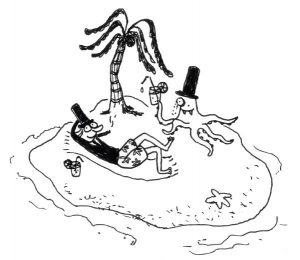Update 1, 12/12/2017: Prof. Kimball replied on Twitter. I have added his remarks just before the discussion section.
Update 2, 12/12/2017: See my follow-up post with more details on the distributional and stimulative effects of deeply negative ECB rates.
Central banks around the developed world have been struggling to meet their inflation targets. Economists are divided on what the Fed, the ECB or the Bank of Japan should do.
Massive amounts of quantitative easing have proven to be ineffective at boosting inflation. Some economists have proposed that central banks raise inflation expectations.
At the 5th Bruegel – Graduate School of Economics, Kobe University conference, Eric Lonergan and professor Miles Kimball advocated their preferred solutions: helicopter money and deep negative interest rates, respectively. Continue reading “Carrot or stick? The Lonergan-Kimball debate”

